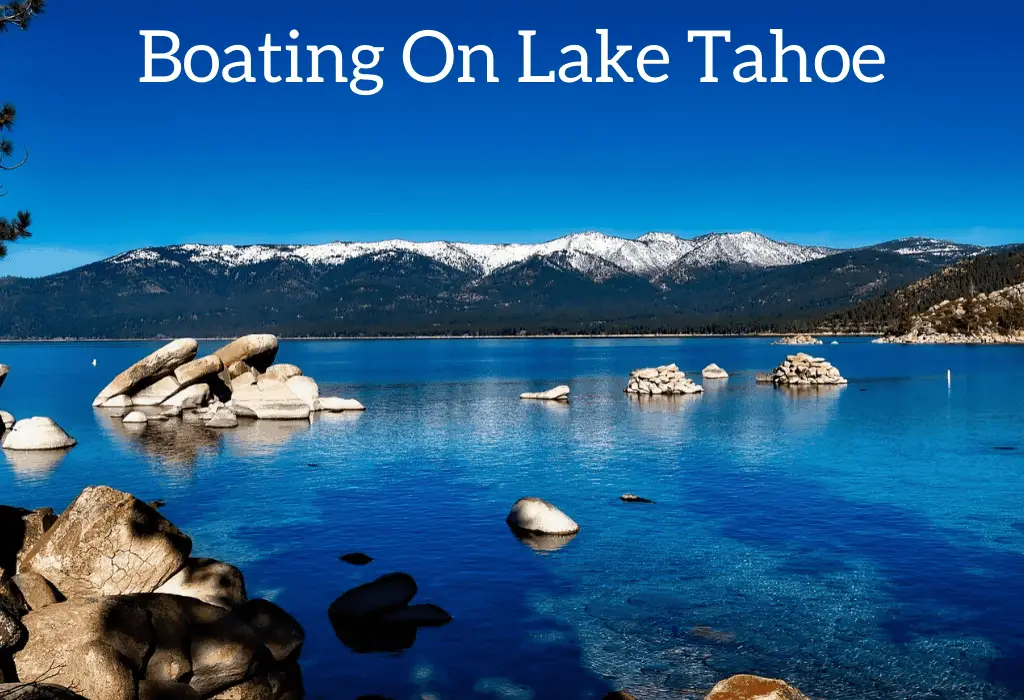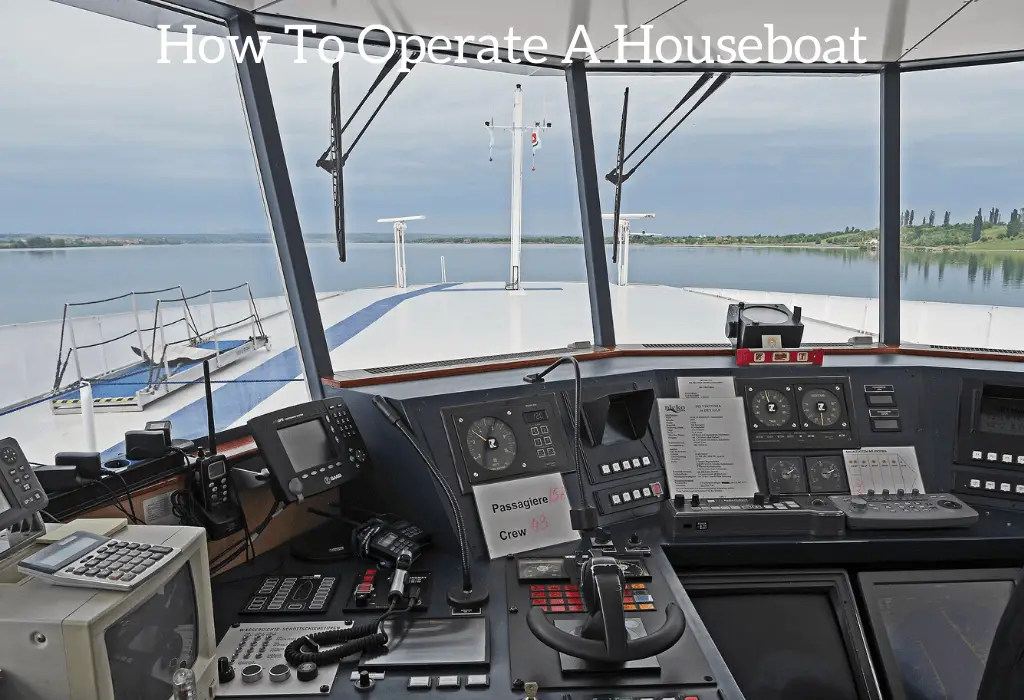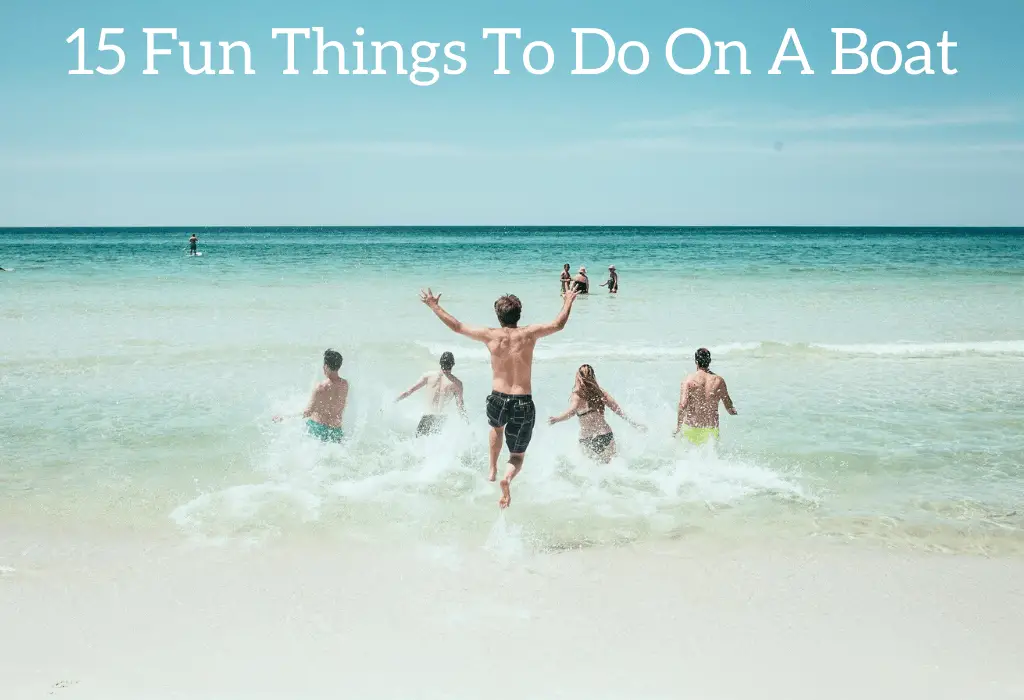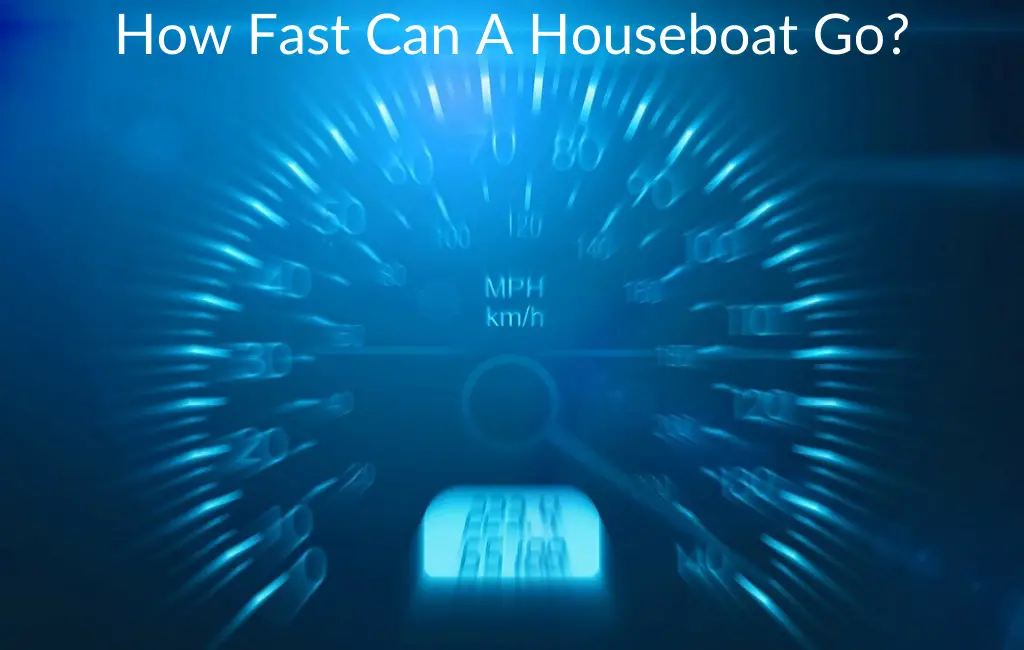If you own a houseboat and live in California or are looking to use your boat in California, then understanding what the boating laws are is vitally important. In this article we will give you an overview of the boating laws in California as well as try to explain them in normal terms rather than the legal mumbo jumbo.
*This post may contain affiliate links. As an Amazon Associate we earn from qualifying purchases.
California Boater Education Laws
- California is one of the strictest states in regards to boater education. By January 1, 2025 they will require every driver of a boat to possess a boater education card. They are phasing that in over several years by increasing the age limit by 5 years every year since 2018. Source The boater card cost $10 for a lifetime card and the boater course costs from $20-$40. More information can be found here
California Boat Requirements
- Single Hull boats made after 1972 must display capacity and horsepower information
- A complete copy of the inland navigation rules must be kept on board at all times on all boats that are over 39 feet 4 inches long.
- Life jackets must be carried on board your boat. There must be one life jacket for each person on board.
- You must have 1-3 fire extinguishers on board depending on the length of your boat
- You must have a backfire flame arrestor if your boat has an inboard gasoline motor that is not exposed to the air above the gunwale level.
- Each boat is required to have an effective muffling system to keep the motor under 88db if within 1 mile of shore.
- All boats using gasoline as fuel must have two ventilation ducts fitted with cowls to remove flammable gasses from the engine and fuel tank compartments.
- Boats are required to have running lights if on the water between sunset and sunrise.
- When anchored at night, your boat must have anchor lights visible for 2 miles.
- If your boat is on coastal waters you are required to carry 3 red flare distress signals.
- If your boat has a marine toilet on board it must be connected to a marine sanitation device.
- Every child under the age of 13 is required to be wearing their life jacket at all times.
California Boat Mooring Laws
- Attaching your boat to any buoy (besides a mooring buoy) is prohibited.
California Boat Traffic Laws
- Boats meeting one another within half a mile must signal their direction intention by
One short blast = I intend to leave you on my port side.
Two short blasts = I intend to leave you on my starboard side.
Three short blasts = I am operating astern propulsion. Source
- If in fog, boats should sound long blasts not more than 2 minutes apart while moving. If not moving you should sound two long blasts in succession with about 2 seconds between the blasts.
California Boat Safety Laws
- You are not allowed to tow a trailered boat with a passenger on board the boat except while launching or retrieving your boat.
- No one under the age of 16 can operate a boat with a motor more than 15hp. Children ages 12-15 can operate a boat under the supervision of an adult age 18 and older as long as that adult has a California boater card.
- A safe speed should be kept at all times and a boat may not go over 5 mph when within 100 feet of someone in the water and within 200 feet of a beach, float, or diving platform.
California Boat Alcohol Laws
- You cannot operate your boat in any manner that could be considered negligent.
- No one may operate a boat, water skis or similar device with a blood alcohol level of higher than .08. If your blood alcohol level is between .05 and .08 along with other factors you may be considered “under the influence”
California Boat Towing Laws
- When towing a person on water skis or similar devices, there must be an additional person on board over the age of 12 who is watching the skier at all times.
- Anyone being towed behind a boat must have a Coast Guard approved life jacket on at all times.
California Boat Anchoring Laws
- Anchoring is allowed but laws vary city by city. Most cities allow anchoring for up to 96 hours before they require a 24 hour “break”. Other cities charge a daily rate to allow you to anchor there. Check with the city/town where you intend on anchoring and find the applicable laws in that area. I wrote a complete article on places where you can anchor on the California Coast. That article can be found here
That covers the basics of California houseboat laws. There are many additional laws that are have obscure exceptions or that don’t apply to houseboats that we didn’t cover above. Please check out the ABCs of California boating for additional information on specific California boating laws.









